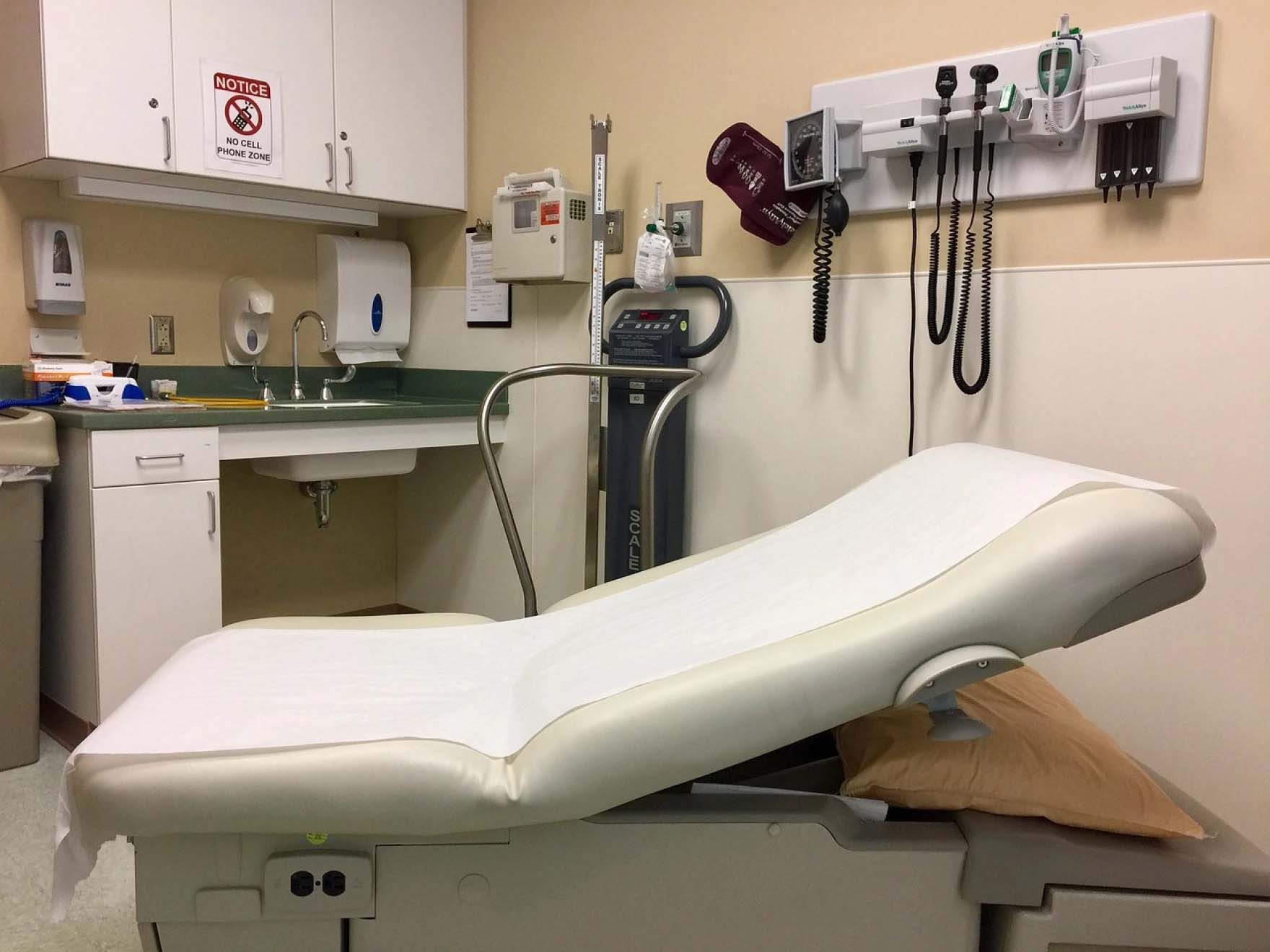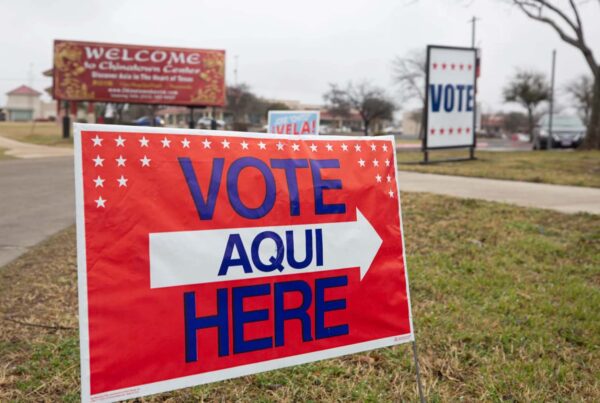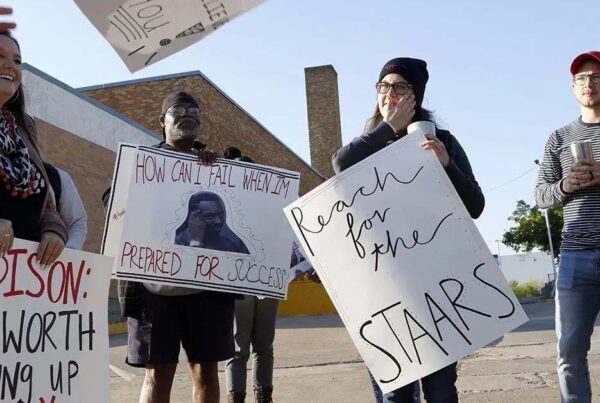From Texas Public Radio:
In February 2024, an Alabama Supreme Court ruling determined that frozen embryos are children in the eyes of the law. As a result, in vitro fertilization treatments in the state’s largest hospital system and two other providers were paused.
One San Antonio doctor said his clinic will reimburse up to $2,000 in travel for Alabama residents seeking IVF treatment at his clinic.
Dr. Francisco “Paco” Arredondo operates the San Antonio-based fertility clinic Pozitivf. He served on the first team that performed an IVF procedure in Mexico in 1989.
“We have decided that if a patient in Alabama cannot get services, we will reimburse the travel up to $2,000 if they come and do the IVF with us,” he said.
The ruling in Alabama came after an incident that took place in 2020. A patient at the time entered a hospital’s cryo-preservation unit and grabbed some of the embryos with his hands. The subfreezing temperatures burned his skin, and he subsequently dropped the embryos on the ground, destroying them.
People that the embryos belonged to then brought lawsuits against the fertility clinic and hospital under the Wrongful Death of a Minor Act. At a trial court, the judge stated that embryos are not people or children. The case was appealed to the U.S. Supreme Court of Alabama, which later ruled that embryos are indeed children, and the Wrongful Death of a Minor Act was applicable.
Arredondo remained adamant that access to IVF should be available for everyone. “A threat to access to IVF anywhere could be a threat for access everywhere because you enter into a slippery slope. People that unfortunately utilize religious beliefs to legislate, it gets into the big desires of people wanting to grow more families,” he said.
There are a few reasons Alabama clinics providing IVF treatments are at legal risk. Sometimes when frozen embryos are transferred, there is a small chance that they may be damaged or destroyed. Additionally, about half of all IVF cycles involve pre-implantation genetic testing in order to test for genetic mutations that could be passed to children. If a genetic mutation is discovered in an embryo, it’s usually discarded.
Arredondo said that embryos at his clinic are treated with the utmost respect, but he disagreed with the Alabama supreme court’s decision that embryos are people.
“It is important to make the distinction that a bunch of cells is not a human, just the same way that a silicon chip is not a computer, just the same way that a blueprint is not a building. So, we are making big jumps here,” he said.
The notion of traveling out of state for health care has been seen in people seeking abortion care outside of their state, including Texas, where it’s illegal.
Democratic Sen. Tammy Duckworth of Illinois has introduced a bill to protect access to IVF nationally. In an interview with NPR, she said that IVF and reproductive rights intersect. “It’s not about their limiting access to abortion, it’s about them defining a fertilized egg as a human being, and that is the basis on which they are limiting access to abortion,” she said.
Arredondo believed Texas patients are safe for now, and the case in Alabama doesn’t have a lot of legal reasoning to back it up.















